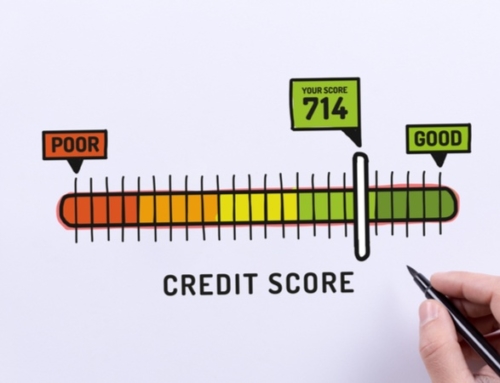In the continuing search for higher profits, credit card companies are raising fees, shortening grace periods and trying to find ways to get you to pay more in interest.
With the average household carrying nearly $9,000 in credit card debt, we’re paying nearly $90 billion in interest to credit card companies. But that’s not enough. In order to boost profits, credit card companies are charging you more and in some cases, you won’t even know until it’s too late. How do you avoid paying more than you have to? Start by avoiding these five credit card traps.
Trap number one is paying late. Whenever you pay your bill late, you get hit with a late fee as well as interest on the prior month’s balance. The average late fee has doubled in the last few years to $28. Because credit card companies like it when card holders pay late, they have decreased the amount of time between when they send you a bill and when your payment is due. Finally, most companies have eliminated the leniency period, which covered delays in payments due to snail mail. These days, your check either comes in by the due date or you’re late.
Take a look at our article on the 2009 credit card legislation and what it means for you.
The second trap to avoid is the hidden transaction fees. If you take out a cash advance or do a balance transfer, you’ll be hit with a transaction fee that can amount to 2 or 3 percent of the amount you’re transferring. If you buy lottery tickets with your credit card, that might be considered a cash advance rather than a retail purchase. If you get hit with a minimum fee of $10 on a $10 purchase of lottery tickets, you’ve just paid a transaction fee equal to 100 percent of your purchase.
The third trap to avoid is the penalty interest rate you’ll pay if you miss a payment or pay late. If you’re paying 7 percent, your APR could shoot up to 15 percent or more. And it’ll stay high until you start making regular payments.
A fourth trap is the shrinking grace period. You used to have one month to pay your bill. Now the average is 23 days. And some cards have eliminated grace periods altogether, which means you pay interest from the date of the charge.
A fifth trap is the bait and switch. You get a card offer in the mail. The offer sounds great. Low interest, 25 day grace period, maybe it even gives you miles, but after you apply, watch out. The company can switch cards and give you a lower grade, non-premium card if you don’t qualify for the better card and never tell you. The lower-grade card almost always costs more.
RESOURCES
www.truthaboutcredit.org
www.cardweb.com
Take a look at our article on the 2009 credit card legislation and what it means for you.







Leave A Comment